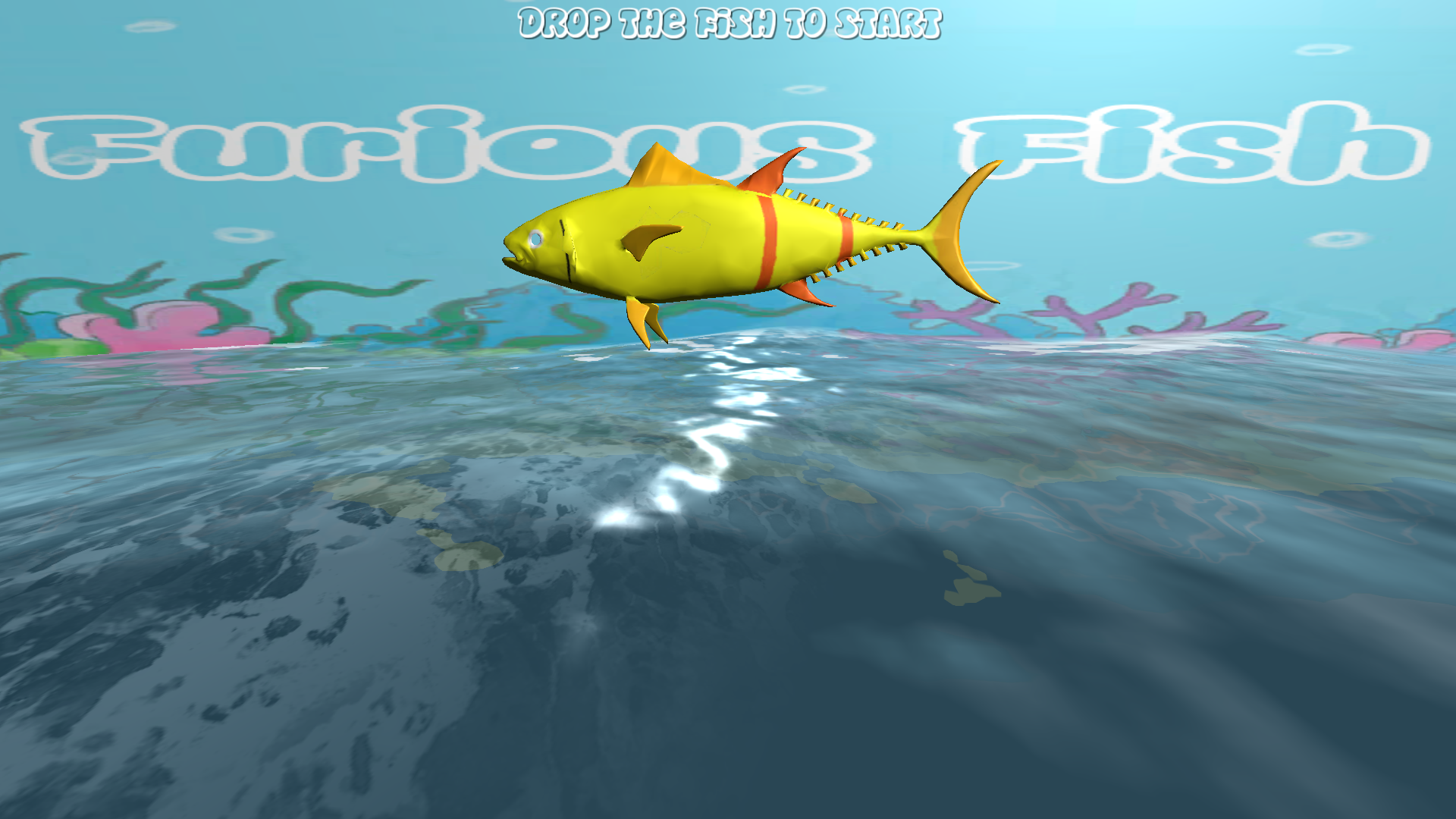Game Design Philosophy
A Social Space
No matter the genre, I believe games should always be a sociable experience. Games shouldn't exclude you from bonds of friendship but help build and strengthen them.
Shareable
Games should be sharable in their execution. Players should feel passionate about playing together or discussing their latest adventure.
Fun
With a variety of business models out there to make money for the developer/publisher which addicting or compulsion like game mechanics it's important as a community of developers to create games that are fun. My players should feel excited About playing our games and proud to spend their time in our worlds.
Pick Your World
3D Games
Full Use of Space
Use of 3D to maximise environments. Creating worlds that take full advantage of players' ability to navigate with six degrees of freedom.
Escapism
Creating believable but imaginative worlds that players can escape to.
Transition
With new technology coming to market the transition from a 3D experience on a screen to a 3D experience in Virtual Reality becomes seamless. This allows developers to open the market to both play types while evolving the experience.
2D Games
Learning curve
2D games provide a rare opportunity for developers to create games that are easy to learn, opening the game to a larger player base. With few controls and movements developers are able to create epic games that can be played by the most novice of players yet perfected by more advanced.
Rapid Prototype
2D games allow developers to experiment with unique game mechanics more rapidly as the player environment is reduced in the 2D perspective. This experimentation can help to create unique game modes for existing IP or mould into a unique IP of its own.
Graphics take Backseat
In 3D games there is a constant demand to increase the resolution and quality of graphics and balance this with a fast frame rate. While creating 2D games developers have the benefit of making gameplay a top priority while still giving the game a unique and pleasing appearance.
Physical Games
Expandable
Similar to it's digital counterpart, physical games should be able to scale up in difficulty and complexity depending on the player's experience or skill level. This allows a game to grow with the player rather then being left forgotten on the game shelf.
Rapid Startup
Physical games need to have a ruleset that can be learned quickly to allow players to jump into the game and play, yet intricate enough to allow more strategic maneuvers later in it's life.
Deliberate Discussion
A strong game will allow players to discuss topics of choice while keeping the flow of the game progressing. An even stronger game will have discussion built into the mechanics of play.

